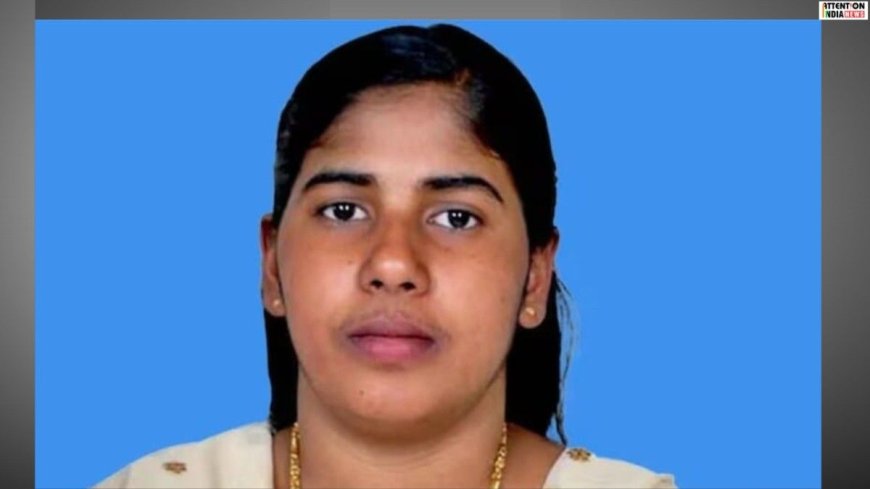India Denies Reports That Nimisha Priya’s Death Sentence in Yemen Has Been Cancelled by Grand Mufti’s Office
According to the Grand Mufti of India's office, Nimisha Priya's death sentence has been formally cancelled. The statement has been denied by the Indian government.

New Delhi (India) July 29: The Ministry of External Affairs denies on Tuesday that Nimisha Priya got her death sentence revoked. She is a Kerala nurse convicted in a 2017 murder case in Yemen.
India Rejects Claim
According to sources, "Information being shared by certain individuals on the Nimisha Priya case is inaccurate."
According to The Grand Mufti of India's Kanthapuram AP Abubakar Musliyar office Nimisha Priya's death sentence has been formally revoked on Monday.
Grand Mufti’s Statement
The Grand Mufti's office says, "The death sentence of Nimisha Priya, which was previously suspended, has been overturned. A high-level meeting held in Sanaa decided to completely cancel the death sentence that was temporarily suspended earlier" on Monday.
Earlier, the nurse's death sentence had been stopped for a while. The agency clarifies that the Yemeni government had not yet provided it with formal written certification.
The execution of Nimisha was initially set for July 16. It was postponed just one day before after Grand Mufti Musliyar made a direct request for mercy to Yemeni authorities.
Case Details
Nimisha was born in the Palakkad district of Kerala. She shifted to Yemen in 2008 in search of better job opportunities. She initially worked as a nurse before partnering with Yemeni national Talal Abdo Mahdi. They operated a clinic together in the country's capital, Sanaa.
According to reports, the relationship soured when Mahdi allegedly started harassing her and made a fraudulent marriage claim. He took away her passport, which prevented her from going back to India.
In 2017, Mahdi was allegedly sedated by Priya in an effort to get her documents back. But it resulted in Mahdi's death from a suspected drug overdose. A Yemeni court sentenced her to death in 2020 after she was detained and found guilty of murder in 2018.
International attention was drawn to her case. This happens especially after the death was authorized by Houthi leader Mahdi al-Mashat in early 2025 and Yemeni President Rashad al-Alimi in late 2024.
Ongoing Diplomatic Efforts
But after persistent diplomatic efforts by the Indian government and religious authorities, the punishment was delayed.
The issue is being handled by diplomats at the Indian embassy in Saudi Arabia. India does not have a diplomatic presence in Yemen. Indian authorities have concentrated on attempts to stop the execution by giving the victim's family "blood money," or "diyat," in accordance with Islamic custom.
Aadrika Tayal

 Aadrika Tayal
Aadrika Tayal 





